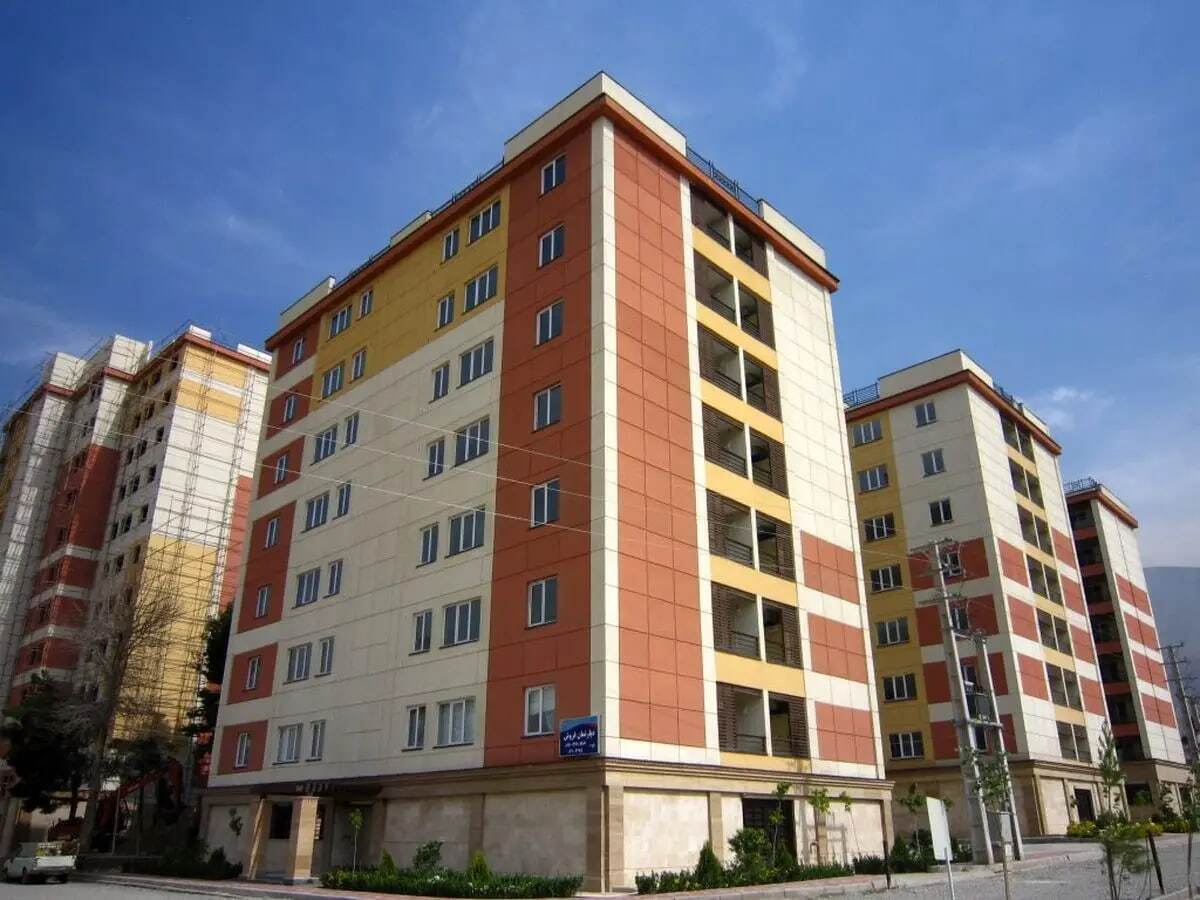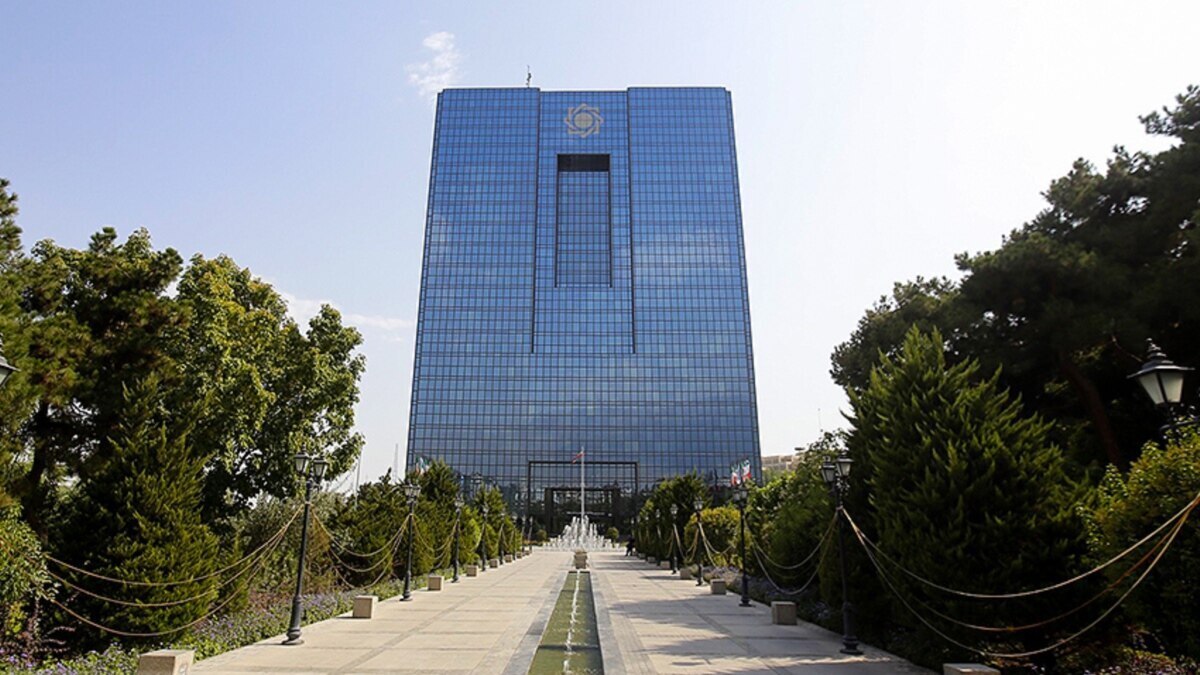
Forecasts for the Future of Housing: Price Decrease or Increase? / Inflation Rate Next Year Will Be at Least 20%

Experts believe that the 2024 budget bill, with its current state, will raise inflation by at least 20% next year. However, contrary to these predictions, some members of parliament argue that housing prices will not only remain stable but may even experience a downward trend by the end of this year.
According to a report by EghtesadOnline, as discussions on the 2024 budget bill peak among members of the Islamic Consultative Assembly, it seems that speculation and predictions about the budget deficit and inflation rates are garnering the most attention from the public and experts alike.
Some parliamentarians and economic members of parliament have pointed out that since the beginning of the year, the prices of many goods, including sugar, tea, and legumes, have increased by 30 to 40 percent. This surge is attributed to the reduction of foreign currency for essential goods in the current year's budget and the shift to NIMA (National Foreign Exchange) rates for securing foreign currency for some goods.
Hussein Sampsami, a member of the Economic Commission of the Islamic Consultative Assembly, believes that the government reduced the foreign currency allocation for essential goods in the 2023 budget, and these changes have directly affected prices. Since the beginning of this year, the NIMA exchange rate has risen from 40,000 tomans to 49,000 tomans, which has led to an increase in commodity prices.
He further explained that the reduction of foreign currency for essential goods from $15 billion to $12 billion could have serious effects on the prices of goods and services. "With the implementation of the new budget, inflation will increase by at least 20%," he said.
Given these statements and analyses, it seems unlikely that housing prices will decrease, at least not in the coming year.
However, Mojtaba Yousefi, a member of the Parliamentary Commission on Urban Development, stated that the housing and settlement system, when connected to the household system, will stabilize and lead to a decrease in housing prices. He believes that stabilizing housing prices, particularly in the rental market, depends on completing this system, which must also be linked to the household system.
On the other hand, some experts argue that inflation has not decreased for the past 50 years, and given that next year's budget has been designed with an expected inflation rate of at least 20%, it is unlikely that housing prices will not increase.
In this regard, Beitollah Sattarian, a housing economics expert, said: "The housing market is currently in a recession. In fact, the recession we had earlier continues. All of this depends on how the government spends its budget next year. Currently, we are witnessing inflationary recession in the housing sector."
This analysis and prediction, which links the future of housing prices to the upcoming budget, clearly shows that one should not expect a decrease in housing prices, especially just because of a new system.
Sattarian further explained: "We shouldn't expect prices to decrease. In the housing sector, we first experience inflationary recession, followed by inflationary boom. For 50 years, we have not been able to control inflation in the housing sector. Currently, there is no way to control it, and we are also facing a budget deficit."
The housing market expert continued: "How can you expect a graph that has had an upward slope for half a century to suddenly go down? Unless something extraordinary happens that breaks this 50-year upward slope and causes it to either stabilize or decline. Housing prices have always been leading inflation among other goods, and they will continue to do so."
When asked whether the government can improve the housing market, he responded: "The government cannot do anything at this stage. It needs to intervene in the overall economy and overhaul the entire economic structure. With this kind of state-run economy, it is impossible to manage the vast housing sector, which constitutes half of the country’s economy and is part of the free market."
It seems that, unless something extraordinary happens in the country’s economy or energy prices rise, one can expect housing prices and, consequently, rents to increase in line with general inflation, which is expected to be at least 20%. However, if factors like the dollar exchange rate or energy prices rise, the housing market will be the last to be affected, adjusting to these changes, and housing prices will increase in line with inflation or even beyond, if the housing market sees a boom.




